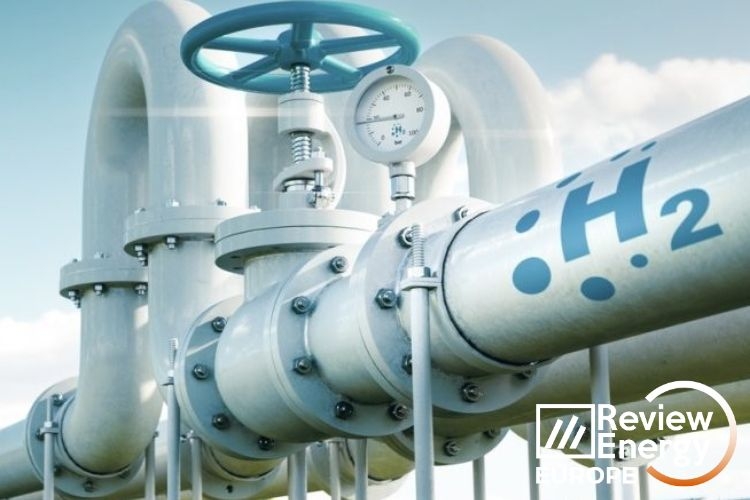
EU greenlights 3 billion German aid for Hydrogen Core Network development
The European Commission has approved a €3 billion German scheme designed to support the construction of the Hydrogen Core Network (HCN) under EU State aid regulations. This initiative aims to advance the goals of the EU Hydrogen Strategy and the 'Fit for 55' package by creating the necessary infrastructure for hydrogen transmission, facilitating the use of renewable hydrogen in industrial and transport sectors by 2030.
Details of the German scheme
Germany has informed the Commission about its plan to launch a €3 billion program to support the development of the HCN, which will form the main network for long-distance hydrogen pipelines within Germany and integrate into the broader European hydrogen network.
The scheme aims to attract investments for constructing the HCN, which involves converting existing gas pipelines for hydrogen transport and building new hydrogen pipelines and compressor stations. The Bundesnetzagentur, the German federal network agency, will select hydrogen transmission system operators (TSOs) to finance the construction and operation of the HCN. These TSOs will receive state guarantees to secure favorable loans, covering initial losses during the network's ramp-up phase. Initially, the network will have few consumers, and tariffs will be set lower to encourage usage and facilitate hydrogen adoption.
Loans will be provided by the German national promotional bank Kreditanstalt für Wiederaufbau (KfW) at below-market rates, to be repaid by 2055, aligning with the anticipated growth in hydrogen demand. The €3 billion aid represents the additional financing costs the TSOs would face without the state guarantee.
The first major pipeline is expected to be operational by 2025, with the entire HCN slated for completion by 2032. The network will be regulated under internal energy market legislation, ensuring non-discriminatory access and tariff regulation.
This measure complements the Important Project of Common European Interest (IPCEI) framework, particularly the 'Hy2Infra' initiative approved in February 2024, enhancing investment in hydrogen infrastructure within Germany and the EU.
Commission's assessment
The Commission evaluated the scheme under EU State aid rules, especially Article 107 (3)(c) of the Treaty on the Functioning of the European Union (TFEU), and the 2022 Guidelines on State aid for climate, environmental protection, and energy (CEEAG).
The Commission determined that the measure promotes economic activity by enabling the construction and operation of the hydrogen transmission network, which is crucial for accelerating investments in hydrogen infrastructure. The scheme aligns with the European Green Deal and the 'Fit for 55' package, ensuring that the aid is proportionate and meets the necessary financing needs.
The Commission also found that the aid incentivizes the infrastructure development, which would not be feasible without public support due to market uncertainties. The positive effects of the aid outweigh any potential market distortions, leading to the approval of the German scheme.
Background information
The 2022 CEEAG guidelines detail how the Commission assesses the compatibility of environmental and energy aid measures under Article 107(3)(c) TFEU. These guidelines support Member States in achieving the Green Deal objectives efficiently.
The European Green Deal, announced in 2019, targets net-zero greenhouse gas emissions by 2050, with an interim goal of a 55% reduction by 2030.
The EU Hydrogen Strategy, launched in 2020, sets ambitious targets for clean hydrogen production and usage, reinforced by the 'Fit for 55' legislative proposals to establish a comprehensive hydrogen market and infrastructure.

.gif)
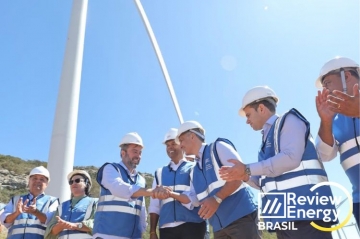
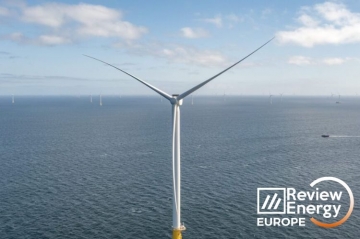
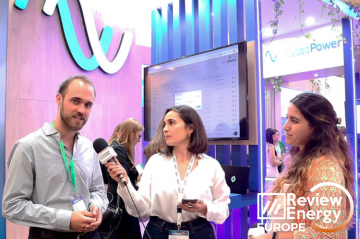
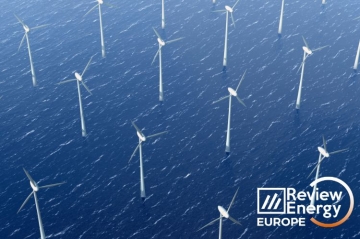
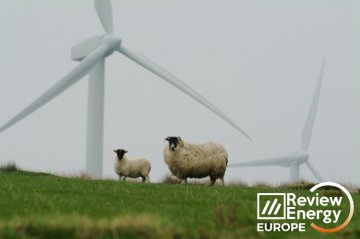
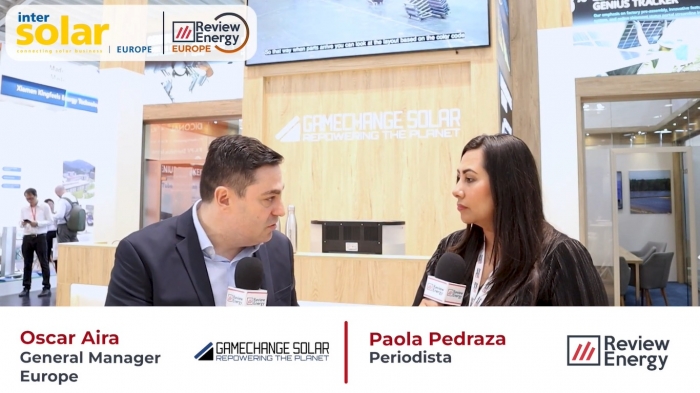

Comentarios
Sé el primero en comentar...